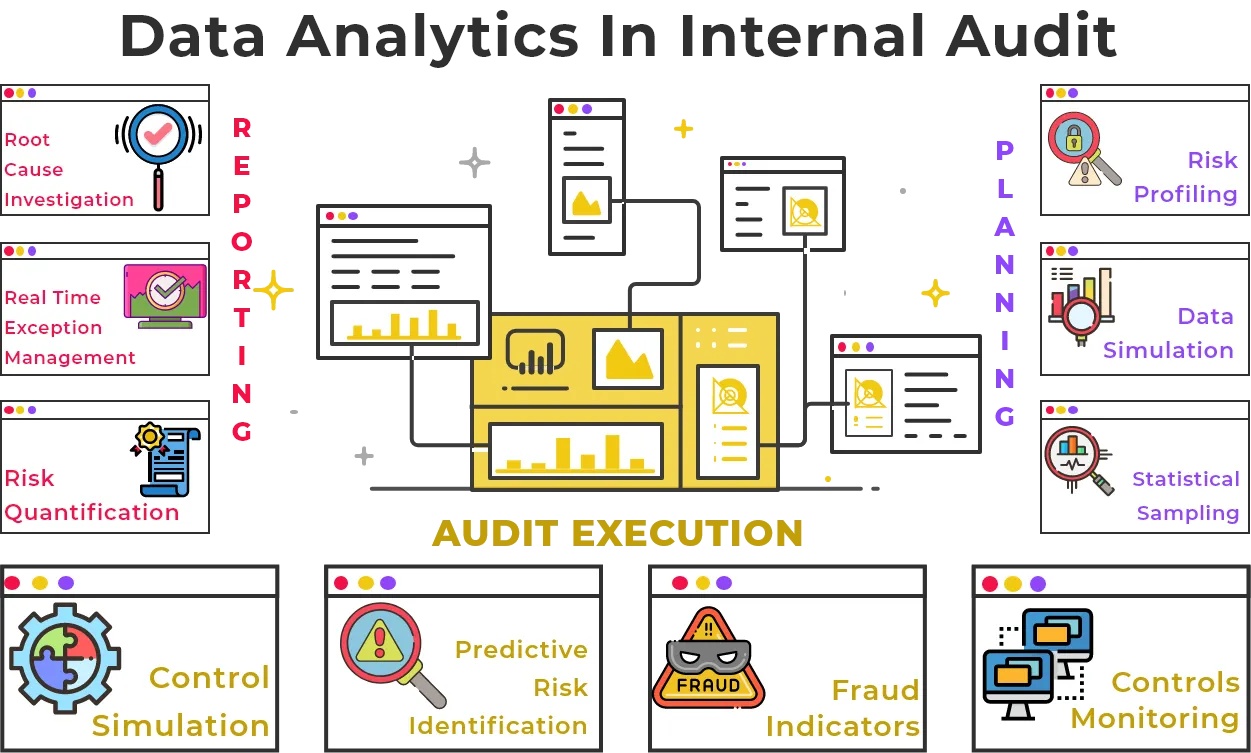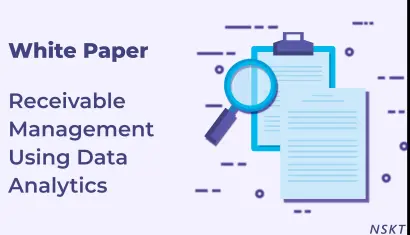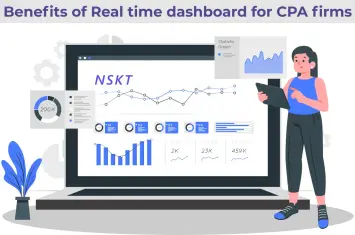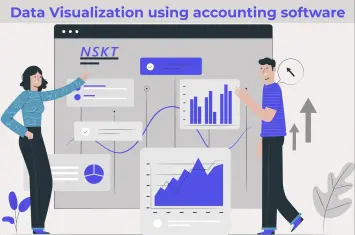Table of Contents
In the present era, where data is treated as the new “Gold”, analysis of data has become a very crucial aspect for firms and businesses that have a long term vision and aspire to become the market leaders of their domain. The implementation of “big data” plays a very pivotal role in determining the position of the firm in the market. Data analytics helps businesses to make better business decisions after analyzing reports of internal audits to gather insights to perform better than their peers.
In the internal auditing process, with the implementation of the big data; operations and processes have become automated. It also helps to identify the internal performance of the business. With the integration of data analytics into business, business owners, firms, and internal auditors they can improve their efficiency and provide better services to their prospects and clients. So here are the benefits of data analytics that how will it assist businesses:
- Identification risks: Key components of the audit process like Patterns and key questions/ problems can be easily identified and tracked through data analytics. With the integration of big data which plays a pivotal role in the risk assessment process; repetitive mistakes can be prevented, reported, and performance can be monitored. With big-data aided internal audit, more sound business decisions that assist in improving internal operations can be made, changes can be implemented at a rapid pace, and evaluated better.
- Reducing Audit Time: Through the merged implementation of data and audit analytics, the overall quality of the audits could be improved with a significant amount of reduction of time taken to carry out testing on complete, humongous sets of data; which otherwise would have taken days, weeks or months. With easy identification of key patterns and problems, the amount of time to be utilized in brainstorming can be reduced. Based on a result-focused approach, better decisions can be made in a shorter time through integrated internal audits. If the internal audit is empowered by big-data, the firm can easily go towards automation, devoting its focus to more important tasks.
- Planning for the future: Every motivated firm or business seeks out ways to tread forward towards success. But with factors like global competition, disruptive technologies, and economic vagueness, challenging and unreliable forecasting can surely benefit from tools such as Data Analytics. Based on past success and failures of the models, improved predictive controls could be implemented with insights from internal audit, for better anticipation of future risk profile and prediction of different levels or flow of sales and segments of sales revenue. Thus data analytics with internal audits could help in preparing their strategies better assisted by filtration of data through the KPI dashboard.
- Fostering communication: Through internal audit blended with data analytics, internal auditors can produce evidence against any risk/ threat or a suggestive change/ upgrade. Through the output results, a solid reason can be given for administering a particular change so that higher management can be thoroughly briefed about it. With the integration, management will have a customized, quick, and user-friendly dashboard from which they can easily figure out auditing anomalies via internal audit.
- Alert Triggers: With the integration of data analytics and AI with the Enterprise resource planning, businesses can monitor and manage the core supply chain process, services, manufacturing, financial and other processes, whose benchmarks are set after analyzing the internal audit report. Whenever there is a slight deviation from the customize framework, alerts will be generated in real-time; which helps in maintaining high efficiency and smooth management.
- Improving efficiency: For improving the overall efficiency of the internal audits both accounting and audit teams of the business can be trained in the field of data analytics for quick response time. This will help to smoothly complete the process in a shorter span and integrate the data analytics efficiently. Alternatively, internal auditors skilled in big data can be hired through outsourcing which can significantly reduce the cost incurred in training both departments. Also, since the outsourced big data skilled internal auditors are experts they will deliver a very good output/ result.
Staying in sync with the latest technology trends provides much improved results than the orthodox methodologies. To be fluent in data analytics one should be proficient in excel- formulas, pivot tables, and other features such as knowledge of programming which help in creating better results. With the advanced monitoring capabilities, and implementing sustainable approach domains like compliance, control, data validation can be taken due care of, improving the overall efficiency of the business through best internal audits and making it profitable.







